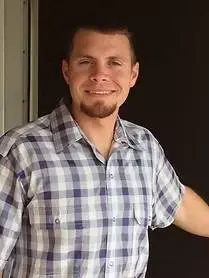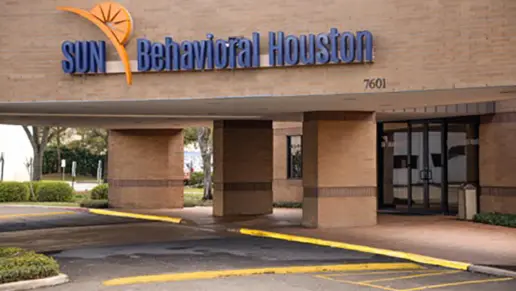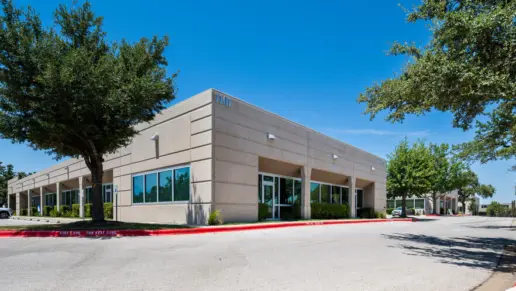This program is strict and for the person who is really seeking to change and put it all behind them. They focus on a faith based approach to overcoming addiction and the root of the problem.
About Teen Challenge Adult Centers of Texas, Inc
Teen Challenge-Permian Basin is a non-profit rehab located in Midland, TX. Teen Challenge-Permian Basin specializes in the treatment of mental health and substance abuse problems.
Residential treatment helps bolster recovery by removing clients from the stress of their daily lives and placing them in a supportive and sober environment. Services at Teen Challenge’s Midland program include individual and group counseling, classes in coping skills, problem-solving, communication, and other life skills, help securing employment, and financial education.
While in the program, clients participate in Christian teachings and work to teach them the value of fellowship, faith, and integrity in personal recovery. Teachers provide vocational and spiritual instruction, and education happens individually and in groups. Clients complete each phase as they pass tests and demonstrate an understanding of what the program has taught thus far.
Teen Challenge doesn’t list any accepted insurances, but many recovery and treatment programs will accept private insurance plans like Cigna, Aetna, Anthem, Magellan, and BlueCross BlueShield. However, out of network benefits may vary, so clients should confirm coverage before they enroll in a program.
Facility Overview
Latest Reviews
Rehab Score
Accepted Insurance
Other Forms of Payment
Private insurance refers to any kind of healthcare coverage that isn't from the state or federal government. This includes individual and family plans offered by an employer or purchased from the Insurance Marketplace. Every plan will have different requirements and out of pocket costs so be sure to get the full details before you start treatment.
Self-pay involves paying for treatment out of your own pocket. You can use savings or credit, get a personal loan, or receive help from family and friends to fund your treatment. If you don't have insurance or your insurance plan doesn't cover a specific program, self-pay can help ensure you still get the care you need.
Addiction Treatments
Levels of Care
Treatments
The goal of treatment for alcoholism is abstinence. Those with poor social support, poor motivation, or psychiatric disorders tend to relapse within a few years of treatment. For these people, success is measured by longer periods of abstinence, reduced use of alcohol, better health, and improved social functioning. Recovery and Maintenance are usually based on 12 step programs and AA meetings.
During rehab in Texas, you'll deal with underlying issues that contribute to addiction. By addressing these challenges and learning healthy ways to cope with them, you'll develop strategies that help you live a drug-free lifestyle.
A combined mental health and substance abuse rehab has the staff and resources available to handle individuals with both mental health and substance abuse issues. It can be challenging to determine where a specific symptom stems from (a mental health issue or an issue related to substance abuse), so mental health and substance abuse professionals are helpful in detangling symptoms and keeping treatment on track.
Opioid rehabs specialize in supporting those recovering from opioid addiction. They treat those suffering from addiction to illegal opioids like heroin, as well as prescription drugs like oxycodone. These centers typically combine both physical as well as mental and emotional support to help stop addiction. Physical support often includes medical detox and subsequent medical support (including medication), and mental support includes in-depth therapy to address the underlying causes of addiction.
Programs


Clinical Services
Group therapy is any therapeutic work that happens in a group (not one-on-one). There are a number of different group therapy modalities, including support groups, experiential therapy, psycho-education, and more. Group therapy involves treatment as well as processing interaction between group members.
In individual therapy, a patient meets one-on-one with a trained psychologist or counselor. Therapy is a pivotal part of effective substance abuse treatment, as it often covers root causes of addiction, including challenges faced by the patient in their social, family, and work/school life.
Research clearly demonstrates that recovery is far more successful and sustainable when loved ones like family members participate in rehab and substance abuse treatment. Genetic factors may be at play when it comes to drug and alcohol addiction, as well as mental health issues. Family dynamics often play a critical role in addiction triggers, and if properly educated, family members can be a strong source of support when it comes to rehabilitation.
Life skills trainings involve all the skills a person must have in order to function successfully in the world. These include time management, career guidance, money management, and effective communication. Truly successful addiction recovery is based on the ability to not only live substance-free, but to thrive. Life skills teaches the practical necessities of functioning in society, which sets clients up for success in life, and therefore sobriety.
Staff

Executive Director

Men’s Director

Women’s Director

Education Director
Contact Information
6901 South County Road 1200
Midland, TX 79706







